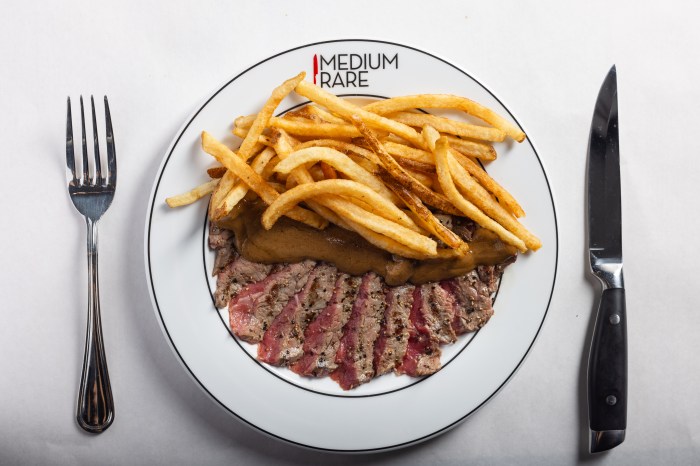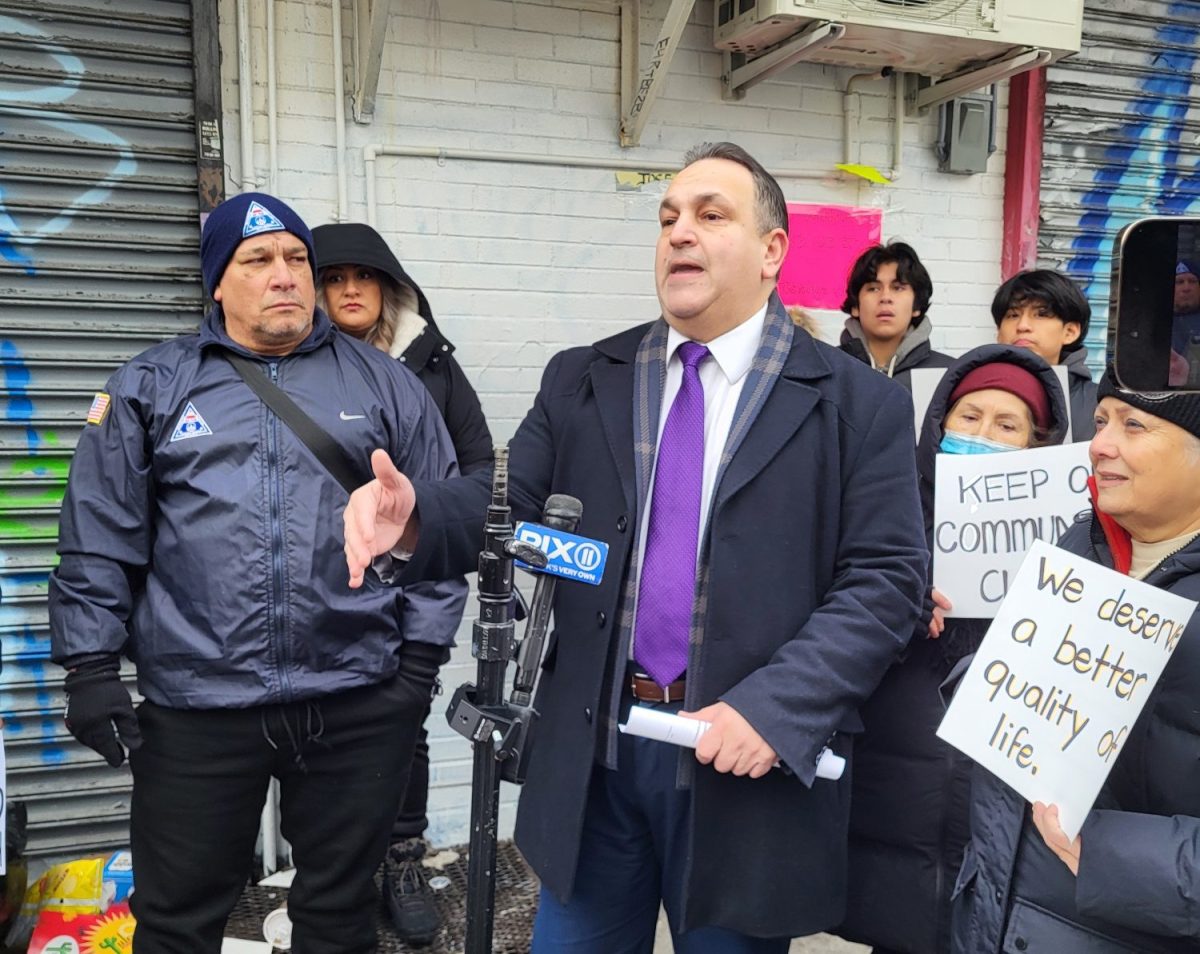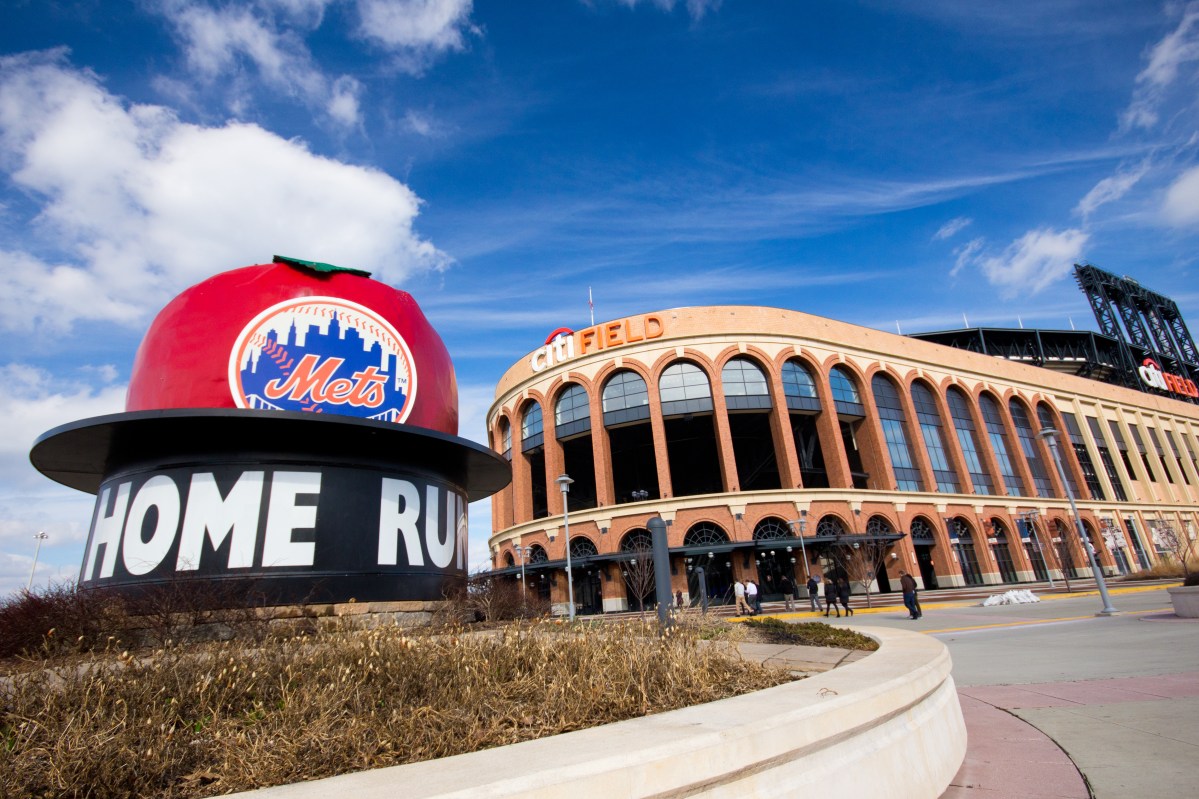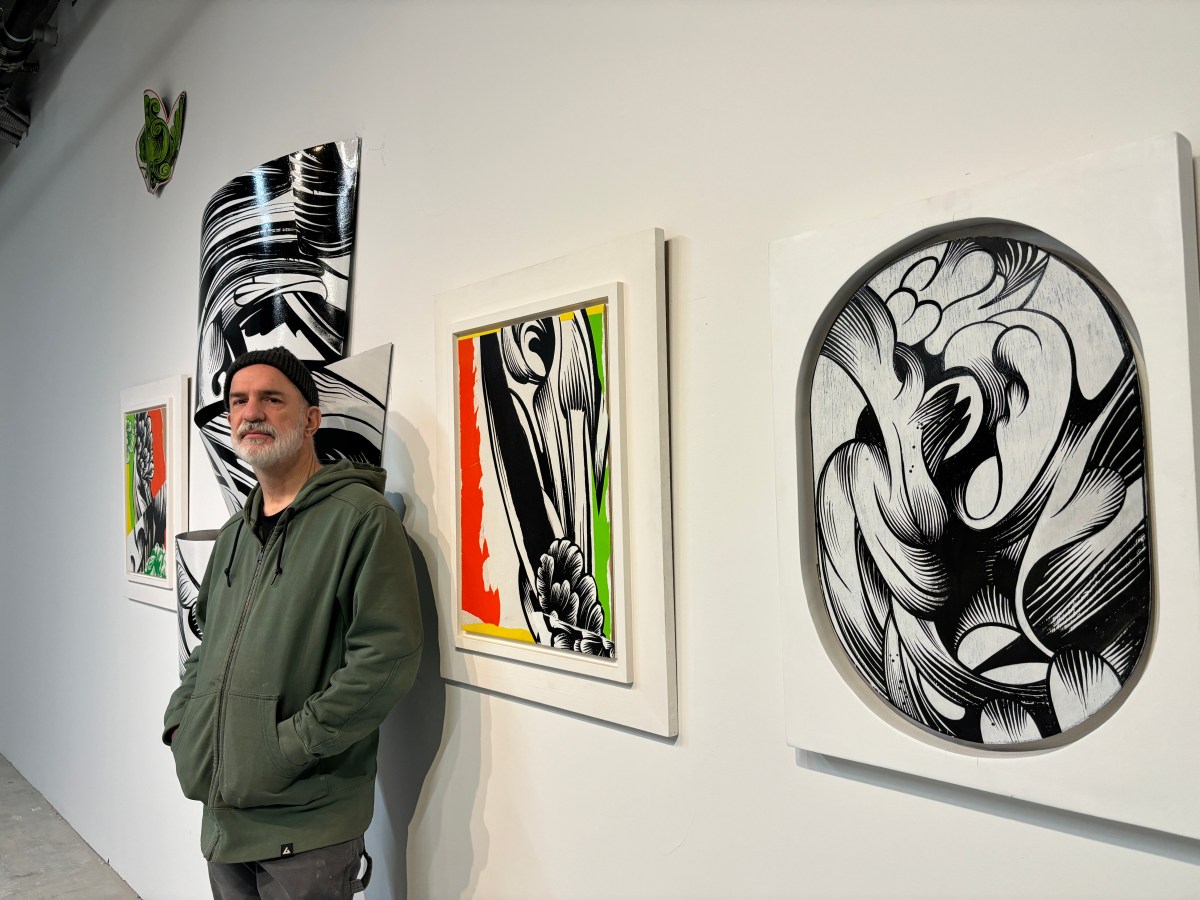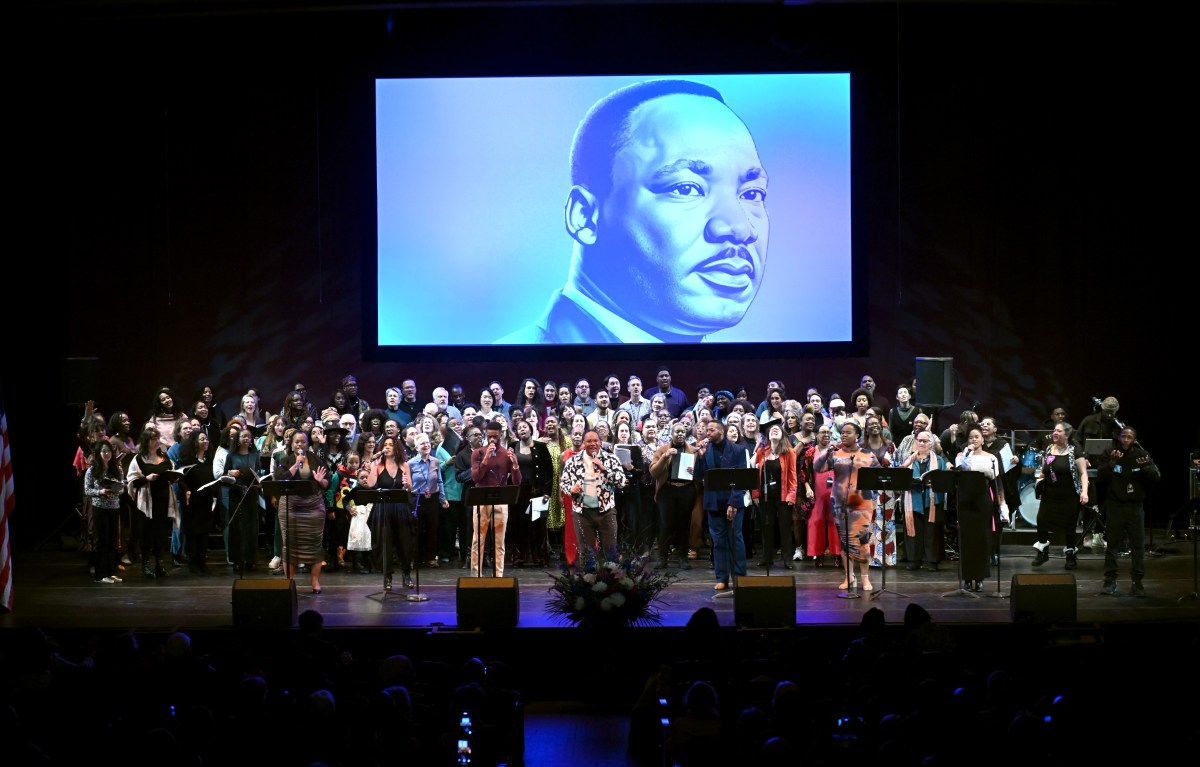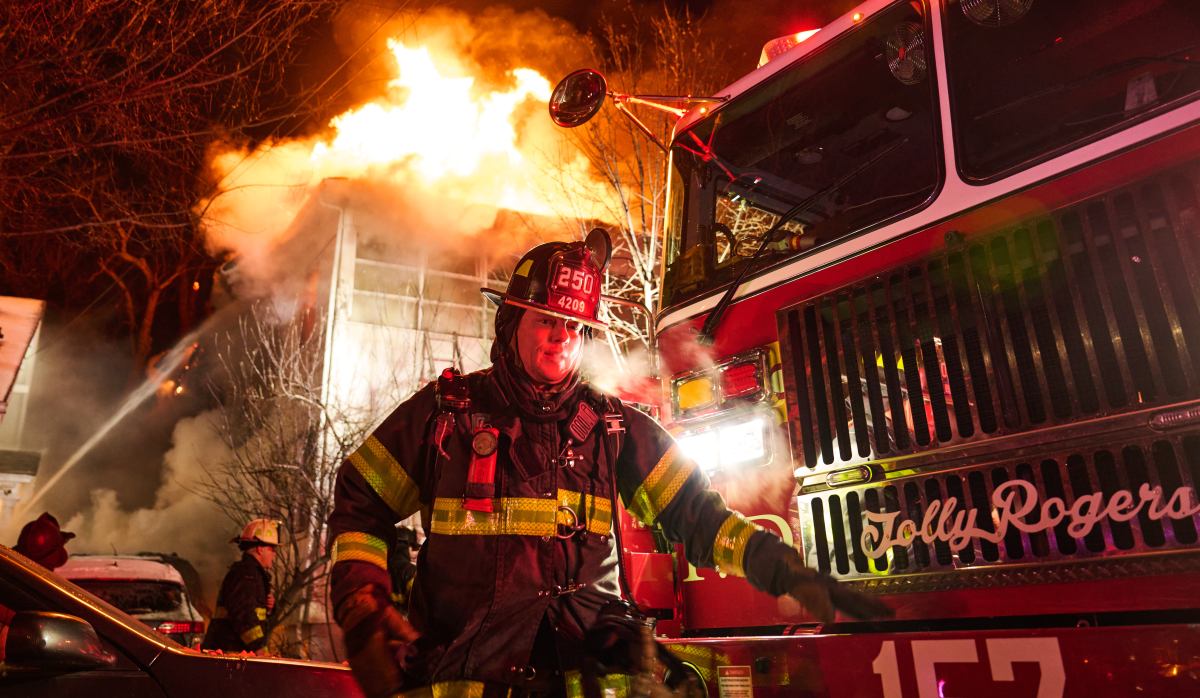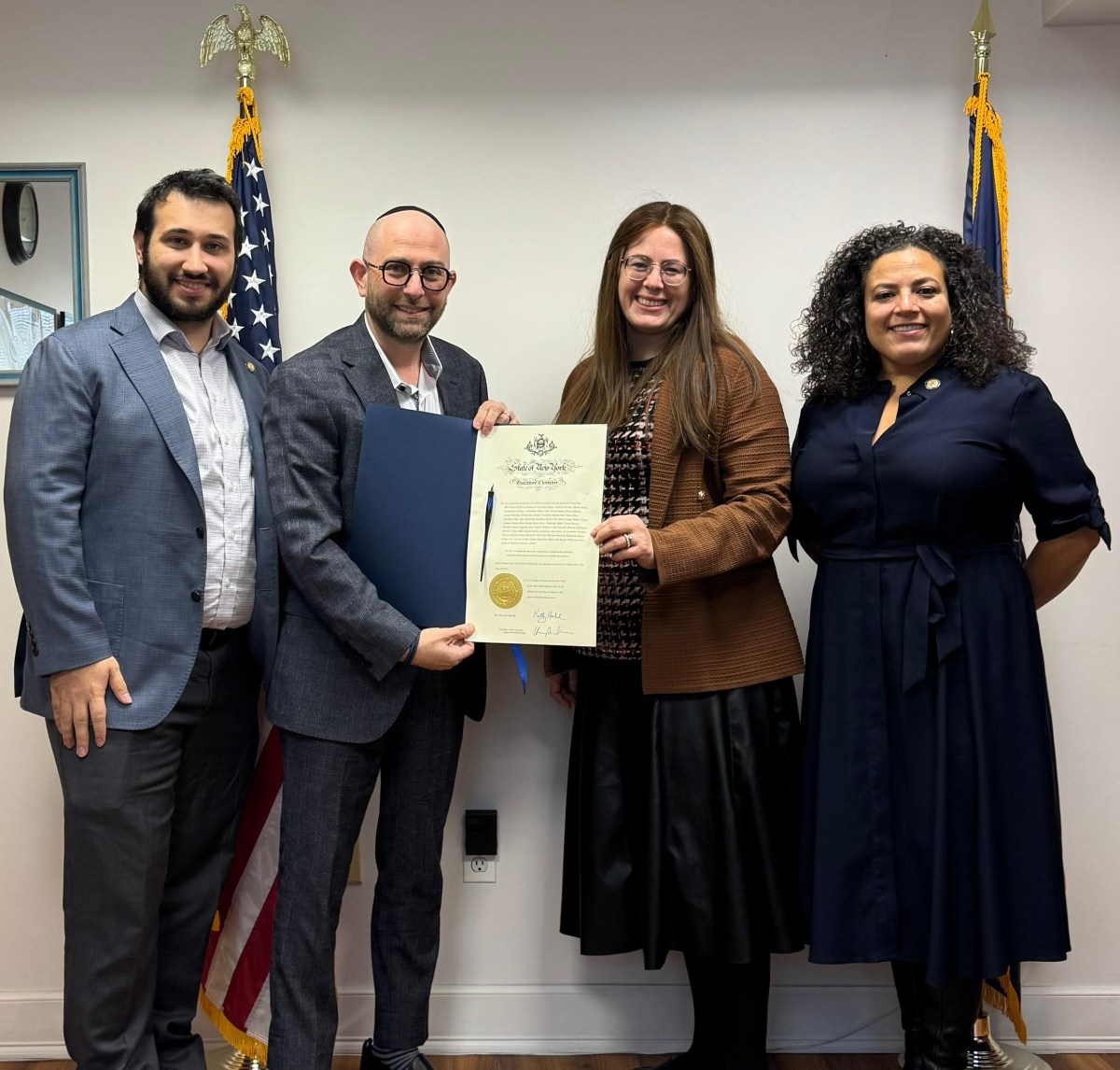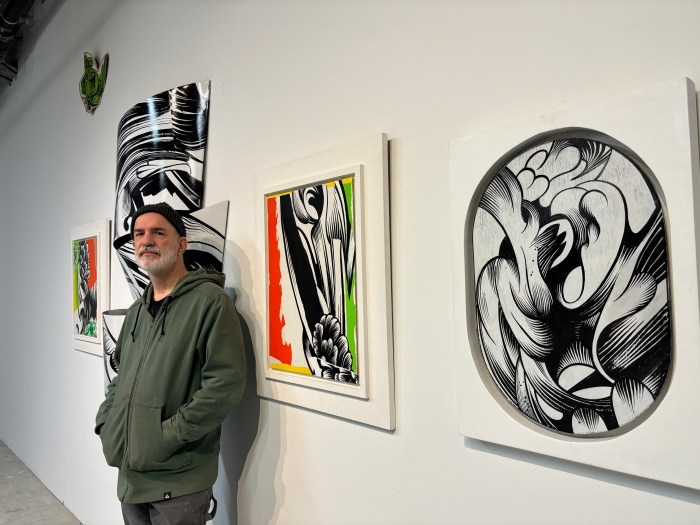
The next time you’re dining in Koreatown, order something other than the barbecue.
That’s the best way to develop your understanding of Korean cuisine and culture, says chef David Chang, founder of the Momofuku restaurant empire and a food and culture special correspondent for the 2018 Pyeongchang Winter Olympics.
“I think that when you talk about Korean food, most people think that it’s Korean barbecue or kimchi, and the reality is … there’s so much more,” the second-generation Korean-American restaurateur said last month at an NBC Sports news conference at Rockefeller Center. “People don’t realize that Korea has been heavily influenced by China, by Japan, by America, and you can see it in its cuisine. It’s not monolithic, it’s just a hodgepodge of many different things. . . . And I think if you can understand Korean cuisine, you can really understand Korean people.”
Chang — whose own cooking spans all kinds of culinary traditions, including Korean, Japanese, Italian and American — doesn’t claim to be a consummate expert on Korean food, but he says that all the learning he has yet to do will actually play to his advantage in his role at the Olympics: “While I’m Korean-American, I still am discovering stuff about Korea, so I thought I would be a good bridge,” he told amNewYork.
When Jim Bell, NBC’s president of Olympics productions and programming, broached the idea of Chang serving as a correspondent over dinner at his Momofuku Ssam Bar in the East Village (the two know each other from Bell’s days as a “Today Show” producer), Chang was stunned, he said.
“We chatted about my love of sports and Olympics — he’s known that I’m a big sports fan of everything,” Chang recalled. “When asked me if I’d be interested, I was like, ‘You guys punking me? This is ridiculous.’ . . . To be able to talk to the athletes and be in Olympic Village, it’s just so wild — I couldn’t pass up the opportunity.”
As part of his assignment, the newly minted NBC contributor visited Korea for the first time in five years last February to tape footage for the channel’s Olympic coverage, which kick off Feb. 9. A preview shown at January’s press preview showed Chang visiting the haenyeo of Jeju Island, “sea women” who for centuries have free-dived to depths of up to 20 feet to harvest shellfish like abalone and sea urchins by hand. One diver he met was 89 years old.
“To hang with these women and cook with them, I really did see a lot of my mother and my grandmother in them,” Chang told the audience in a Q&A session with Bell.
The chef says he grew up eating traditional Korean food at home, “but I also grew up thinking it was not something I could ever share with people.”
The optics of Korean food (“not super pretty” by Western standards, in his words) are something Chang is actively trying to change, as evidenced by an upcoming food docuseries he’s hosting called “Ugly Delicious.”
“It’s something we’ve been tackling for a while now: that all delicious food isn’t always super pretty. And I think Korean food is sort of the embodiment of that. If you look at that,” Chang said, pointing to heaps of banchan (foods like pickled radishes and soy-braised beef, typically served as small dishes alongside rice) prepared for last month’s event, “that’s not something that’s traditionally beautiful, but it’s super delicious and I think it’s also culturally relative. People in Korea and Asian probably wouldn’t say that’s not pretty, but in terms of how we view things as Instagrammable or picture-perfect doesn’t always have to be the case.”
“Ugly Delicious,” which premieres on Netflix on Feb. 23, will “challenge both taste buds and minds,” a news release says of the eight-episode show profiling “chefs, activists and artists [around the world] who use food as a vehicle to break down cultural barriers, tackle misconceptions and uncover shared experiences.”
Here in the city, New Yorkers can do some of that work themselves by trying the soups and stews at their local Korean restaurant, instead of ordering the grilled marinated meats.
Chang’s go-to spot for Korean soup is a little takeout and delivery spot inside the Four Seasons Cafe at 67 W. 23rd St. KoFoo “looks like a bodega … but they actually serve really good Korean food,” he said. “I like to get the budae jigae, which is the army stew.”
The dish, which costs less than $10, is prepared with kimchi, sausage, spam and pork, and served with white rice.



